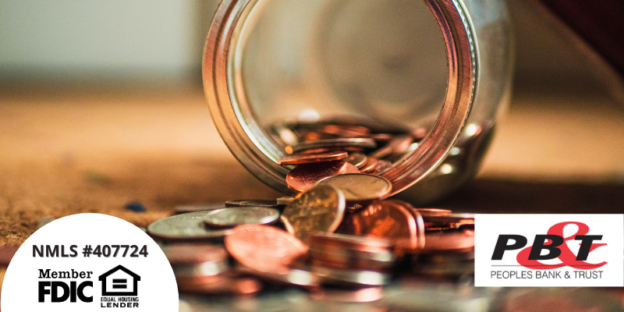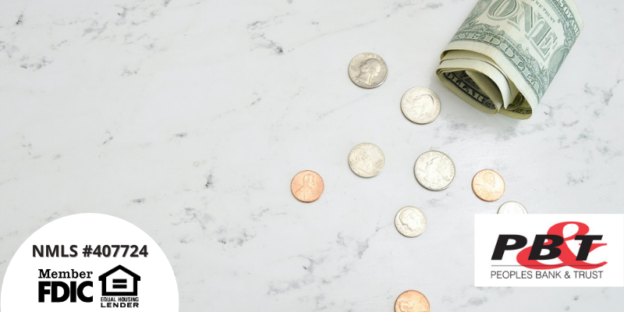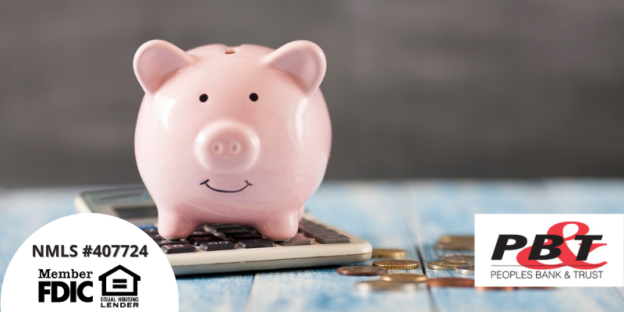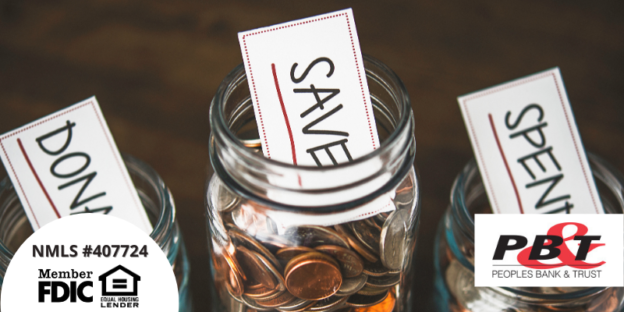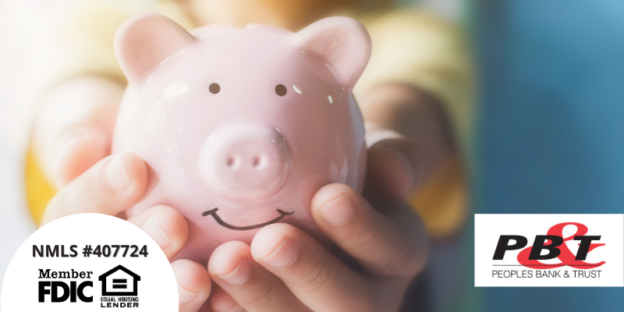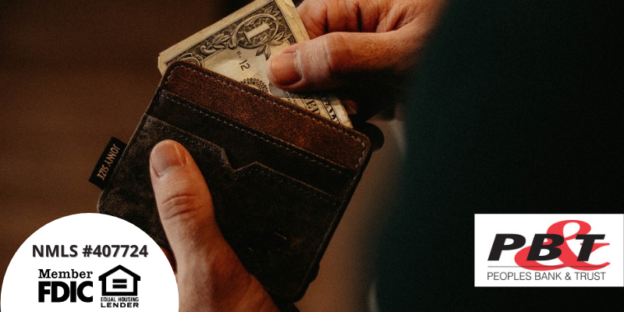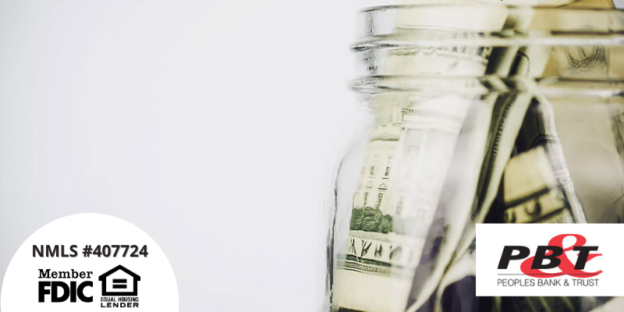We may all think we know a thing or two about finances, but do we really know it all? There’s always more you can learn to better yourself and that includes money management skills. Today, we’ll give you five challenges to test your money management in order to whip your finances into shape!
1. No Spend Challenge
We know this sounds scary, but you can still buy groceries and pay your recurring bills. Try not spending money on any unnecessary items for one week or one month. Yes, we know that coffee may feel necessary, but make your coffee at home instead of buying it. You’ll be surprised at how much you save when you don’t buy an extra item here and there.
2. Change Challenge
Any change you accumulate, save. This could be a fun game to play with your kids as well. You and your significant other can give any change from the day and have your children count it and put it in a jar. Do this for one month or a full year to see how much you accumulate!
3. No Online Shopping Challenge
We know that more shopping is being done online now than ever before, which makes it seem easier and easier to spend more money since you aren’t giving physical cash away. Try not buying anything online for a whole month – besides your groceries and essentials if you now purchase those online.
4. 52-Week Money Challenge
This is a fun one! This occurs weekly for a whole year, so it will really hold you accountable. Start with saving $1 for week 1, $2 for week 2, and so on. By week 52, you’ll be putting away $52. The 52-week challenge adds up to saving a total of $1,378! You can choose what you’ll spend that money on if you make it all the way. Will it be for a vacation, child’s college fund or emergency fund? It’ll be up to you.
5. No Eating Out Challenge
Since people are staying home more, this is a little easier than before. But this also includes take out and drive-throughs as well – not just sit-down restaurants. We know supporting small businesses is important, so we’re not saying don’t eat out forever. Just try it for one month to see how much potential savings you earn.
Pick one or a couple of these challenges to test your money management skills. You won’t regret it! Then, store your new savings in a savings account with us. We’ll be happy to keep your hard-earned money safe and sound in an account.
Peoples Bank & Trust Co.
Member FDIC
Equal Housing Lender


